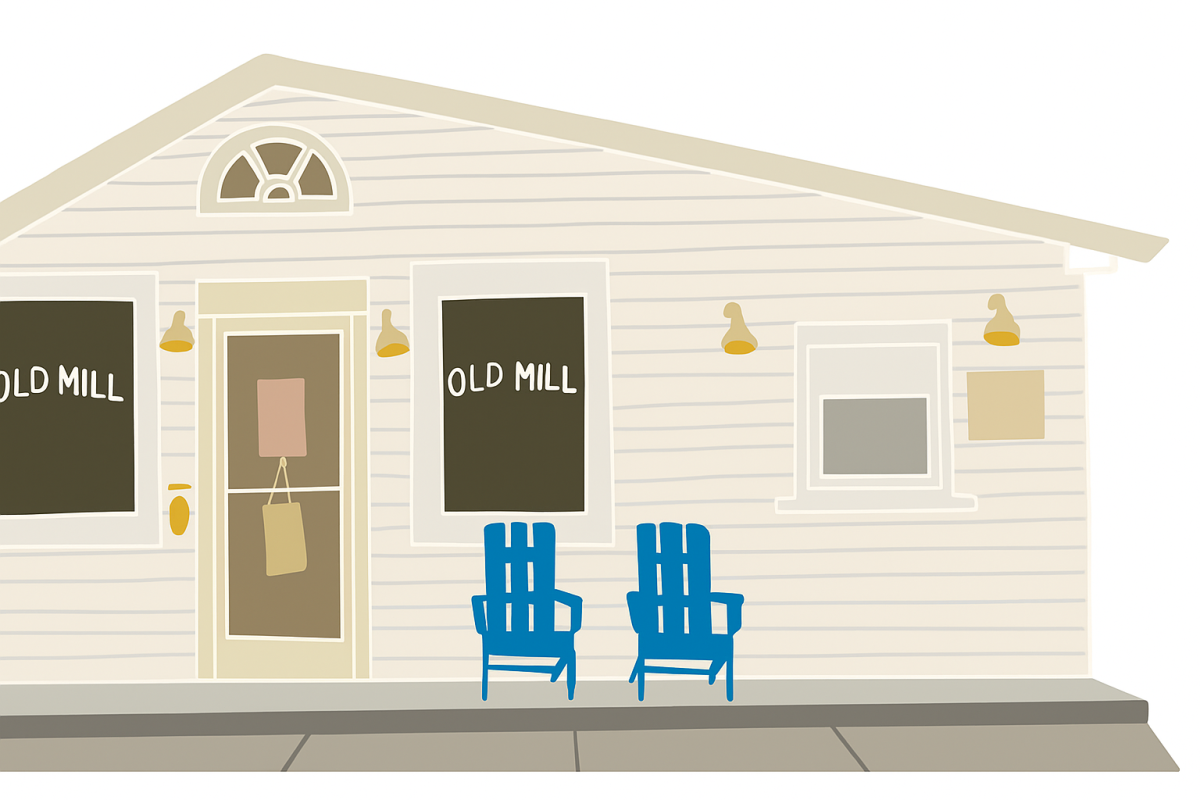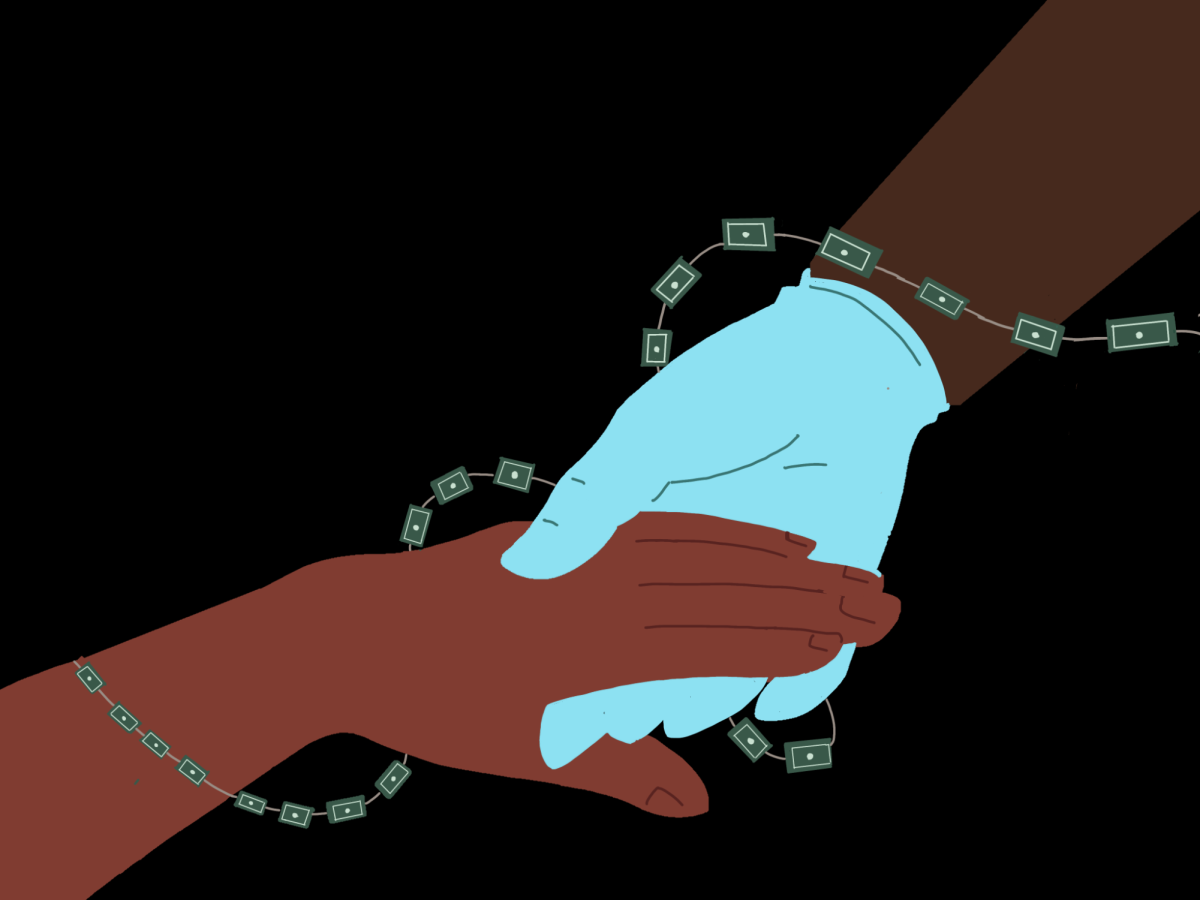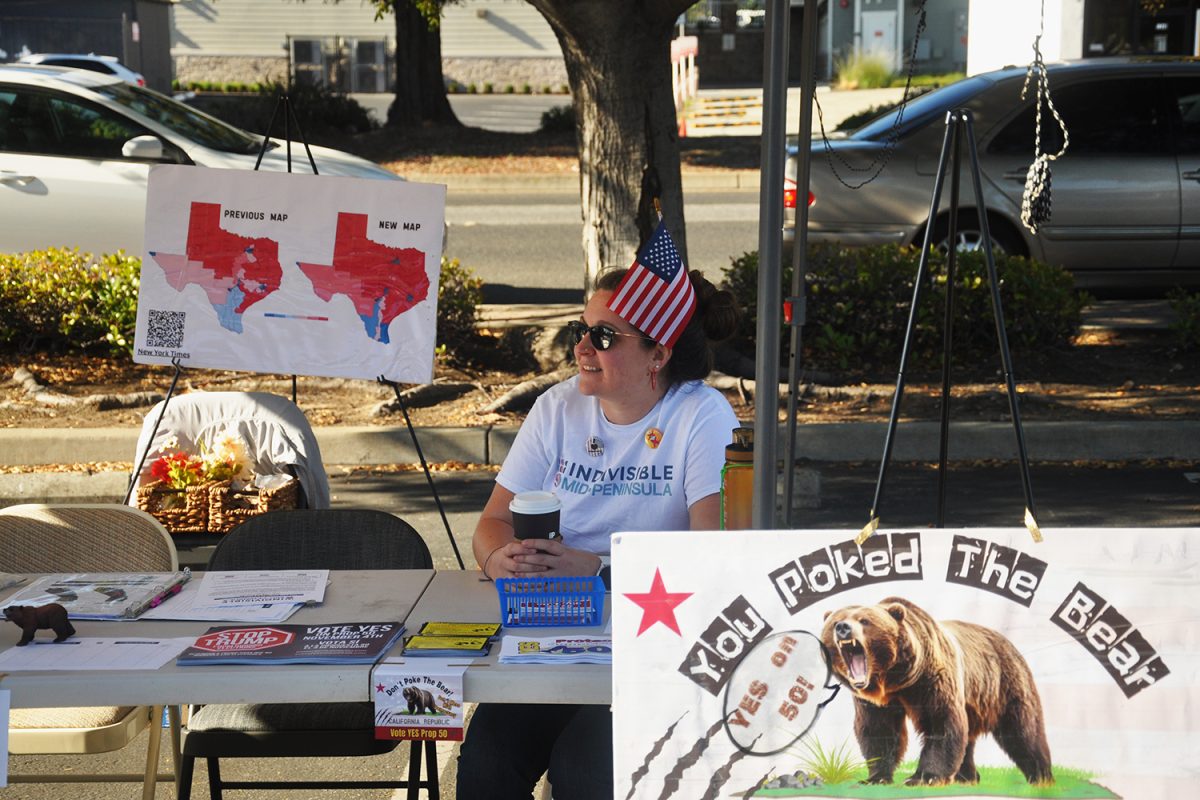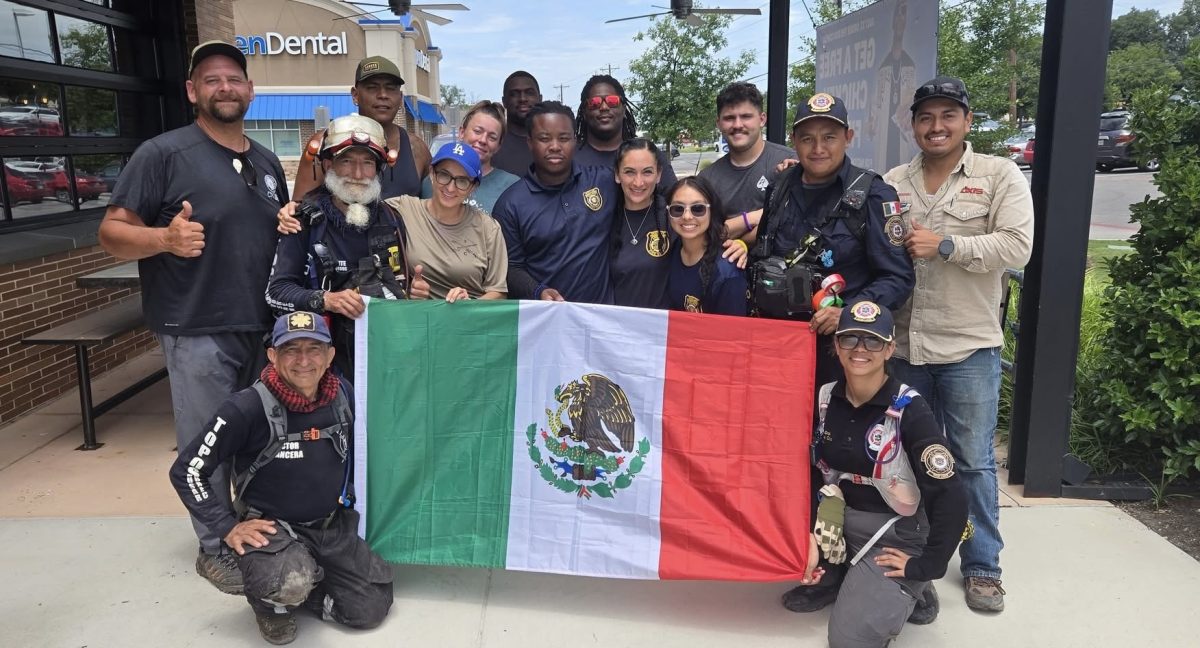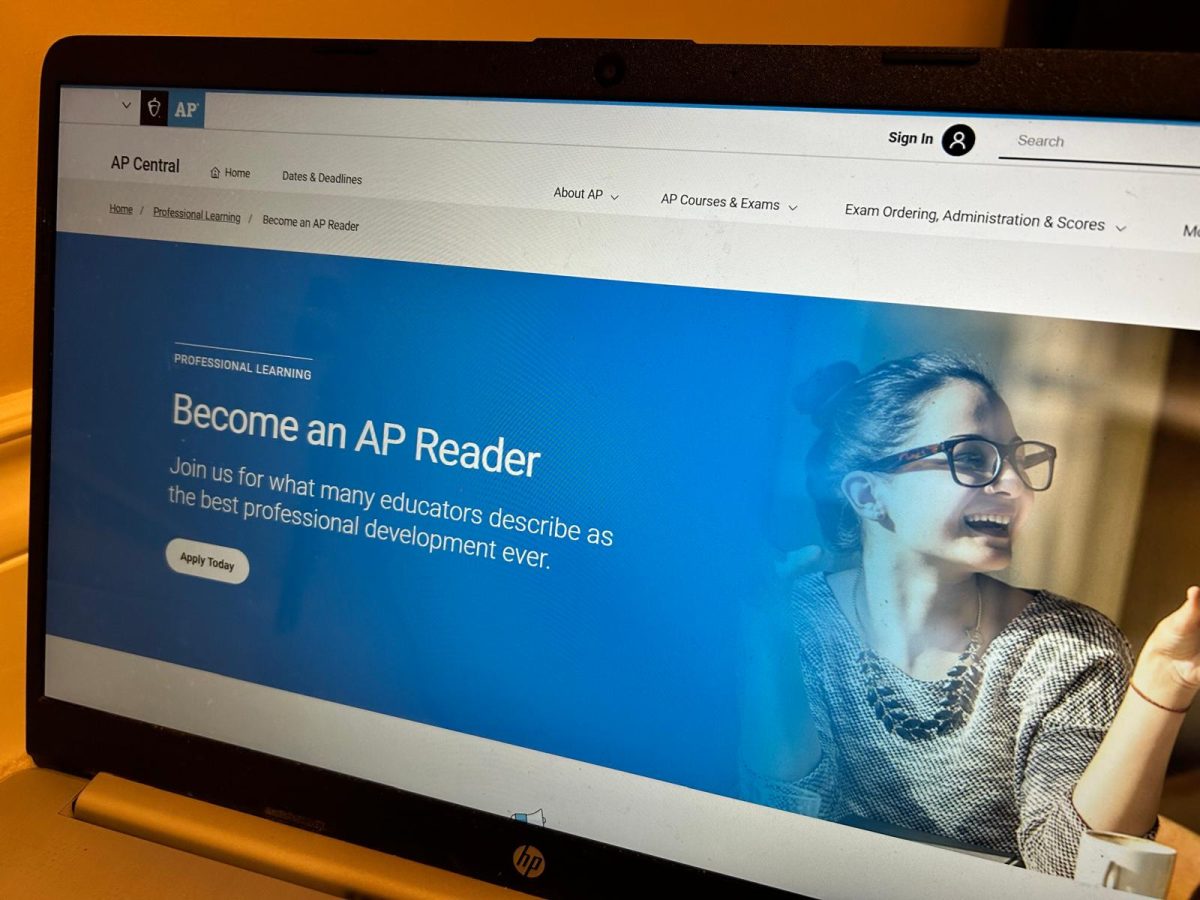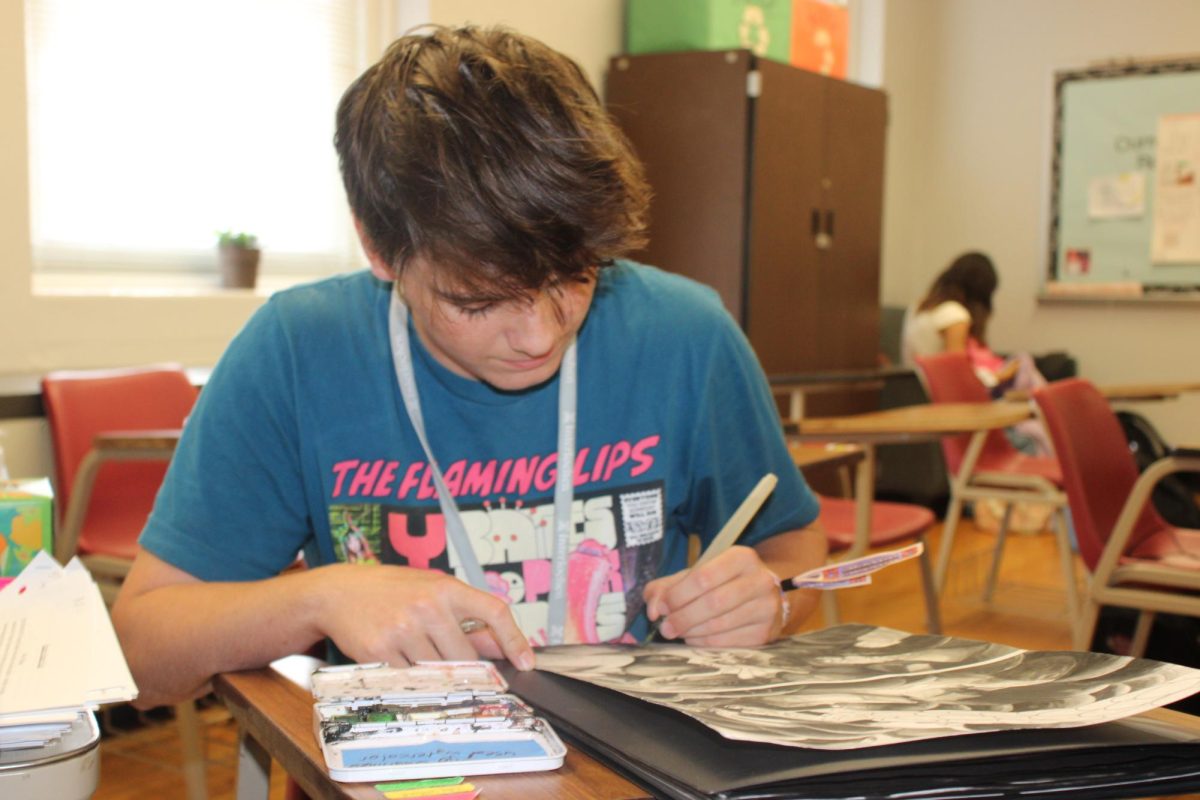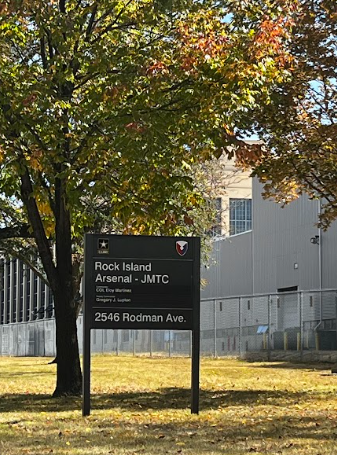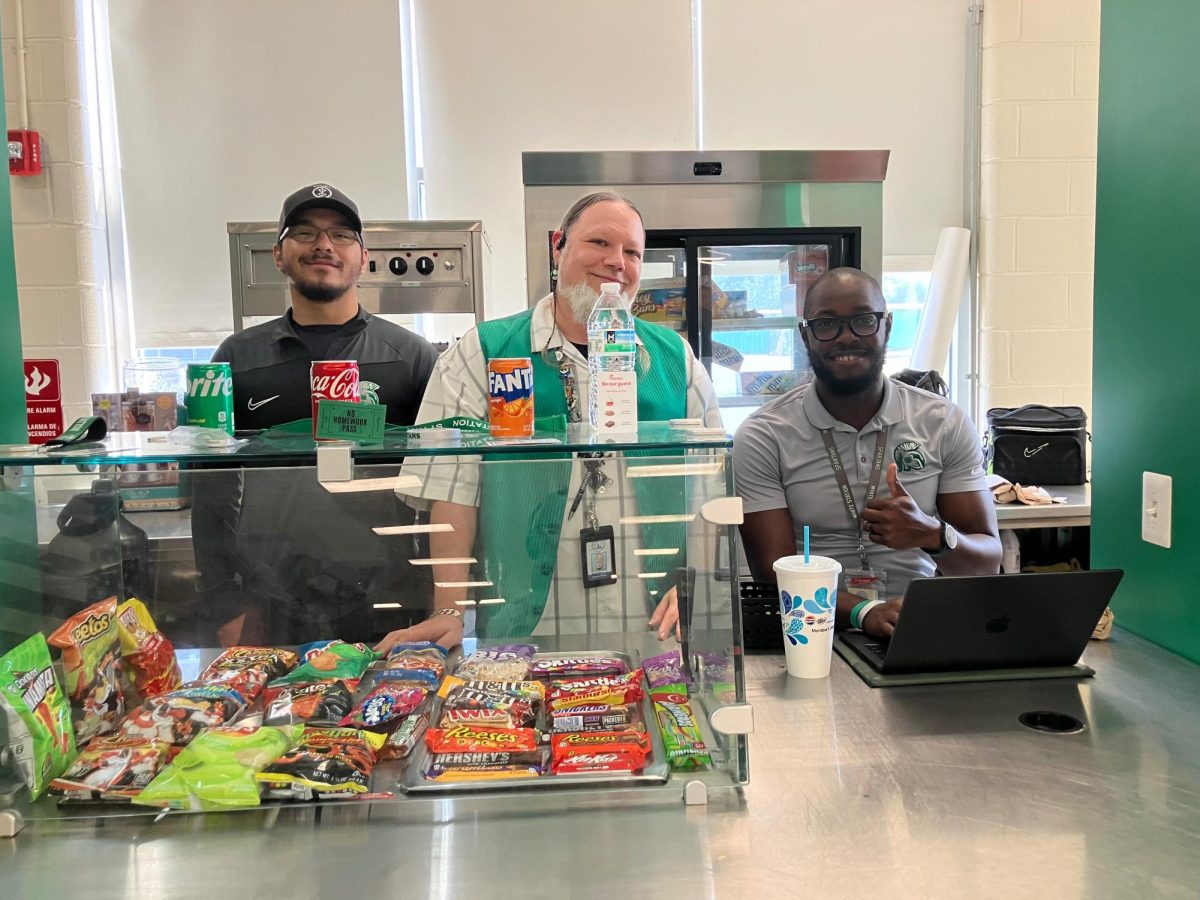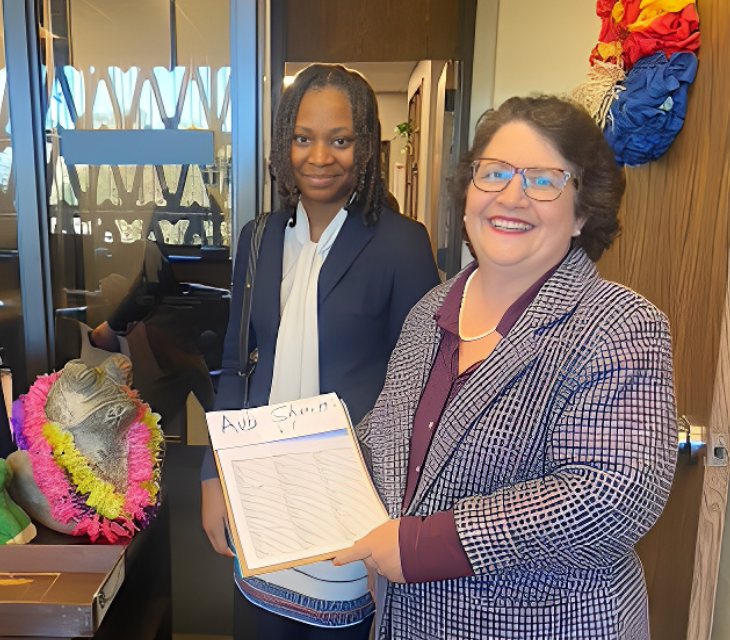On January 8, 2024, Ava Sharett ‘24 arrived at the Arizona State Capitol for the Opening Day Ceremonies of the Arizona State Legislature to introduce her menstrual equity bill.
“I felt like menstrual poverty is a women’s rights and public health issue about women that’s not talked about, so I wanted to do something about it,” Sharett said.
According to Alliance for Period Supplies, 1 in 6 women and girls between the ages of 12 and 44 live below the Federal Poverty Line in Arizona, leaving a substantial amount of females unable to purchase hygienic necessities. Havasu Helping Girls reports almost 60% of families living in poverty are unable to afford period supplies.
Sharett’s journey to introducing this bill started last May when she needed to think of a passion project to pursue her Girl Scout Gold Award. As one of the highest awards a Girl Scout can earn, Sharett had to complete 80 or more hours, create a team, find a mentor and a Girl Scout advisor, and create a sustainable project that targets a topic she is passionate about.
“I researched if Arizona had previous legislation about menstrual equity and found that Senator Mitzi Epstein passed a bill last year allocating two million dollars for Title 1 public schools to use for period products in their restrooms,” said Sharett. “I realized I wanted to do something more encompassing for the large homeless population in Phoenix by providing period products in public libraries, parks and more,” Sharett added.
Sharett contacted Epstein seeking her guidance and explained the project she wanted to do for her gold award. Next, she drafted her bill and sent it to the senate for amendment.
“This whole thing is kind of just flying by the seat of your pants. It’s funny because honestly, anyone can do it with the right mindset of advocating for people who can’t advocate for themselves,” Sharett commented.
Aside from the bill, Sharett has done other things to advocate against menstrual poverty. For example, she has presented a PowerPoint presentation to Grand Canyon University students, bringing about real conversation about the necessity of accessible period products.
Kay Wright, co-founder and president of the nonprofit Women4Women Tempe, is Sharett’s mentor. Women4Women Tempe is a non-profit organization that provides free feminine hygiene products to women who have difficulty affording them.
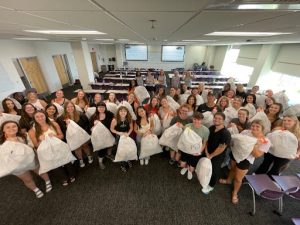
According to Wright, “Ava has participated in every aspect of our nonprofit by participating in packing parties, donation drives and distributing bags at events.” Sharett hopes to continue her work and spearhead a panel and art show raising awareness about this issue in April.
Even if the bill does not pass, Sharett is grateful for its learning experience and the mere fact that she did it. “The best thing right now is advocating for it because if it doesn’t get passed in this session, I already wrote the bill so Senator Epstein could take it up next year,” Sharett explained.
Despite the unpredictability of the bill becoming a law, Sharett’s actions have profoundly impacted those around her.
Her close friend, Elizabeth Vu ‘24, remembers seeing Sharett work extremely hard to fight against period poverty. “Seeing Ava help so many women has inspired me to help others and learn more about what I can do for the community,” Vu said.
Wright says, “She is truly a joy to work with, and I know Ava will continue to make a difference in improving the worlds of women.”
Sharett believes changing how people view menstrual equity will help them understand its importance.
“If you go to a public restroom, you don’t have to pay for toilet paper because people understand it’s a hygienic necessity; the same thing should apply with period products,” said Sharett.
While Sharett awaits the decision of her menstrual equity bill, she hopes to bring more awareness to the cause that she devotes her time to fighting for: period poverty. She sees herself doing something similar in five years and majoring in public health or environmental studies.
This story was originally published on XPress on February 8, 2024.


